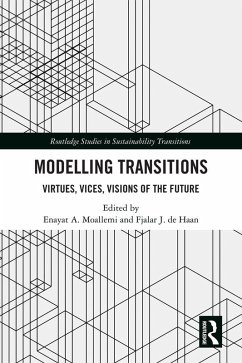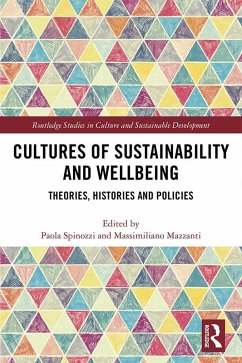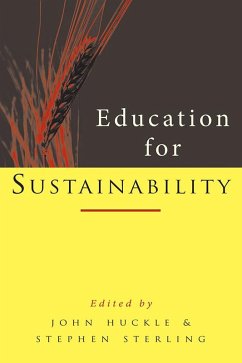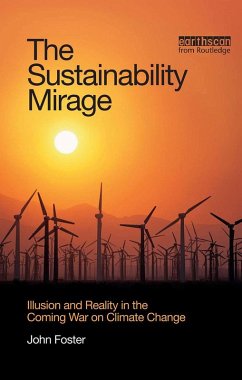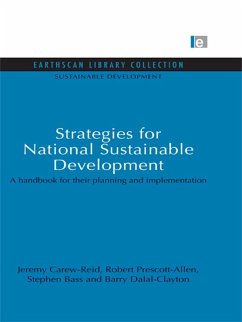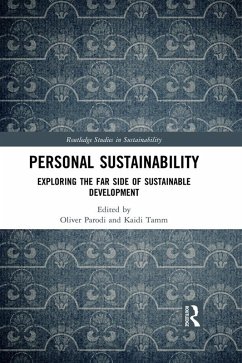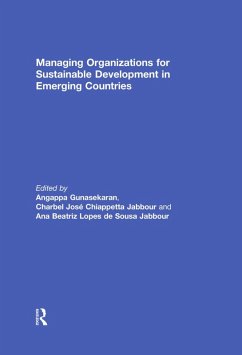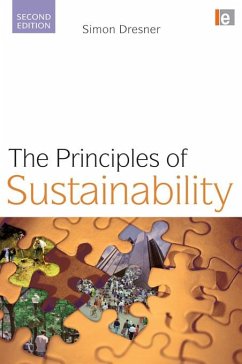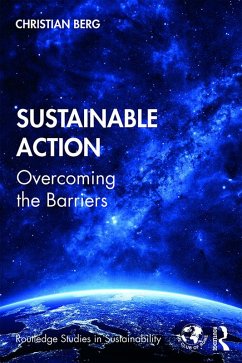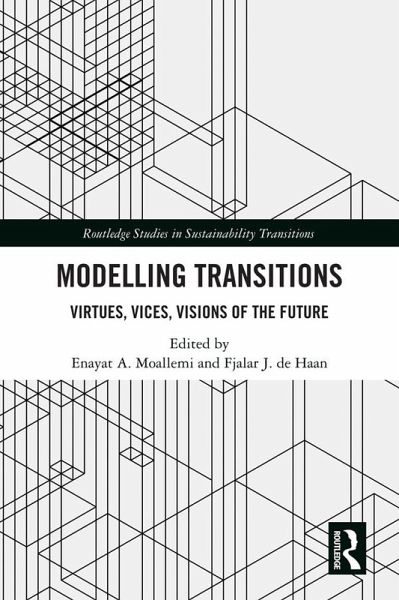
Modelling Transitions (eBook, ePUB)
Virtues, Vices, Visions of the Future
Redaktion: Moallemi, Enayat A.; de Haan, Fjalar J.
Versandkostenfrei!
Sofort per Download lieferbar
41,95 €
inkl. MwSt.
Weitere Ausgaben:

PAYBACK Punkte
21 °P sammeln!
Modelling Transitions shows what computational, formal and data-driven approaches can and could mean for sustainability transitions research, presenting the state-of-the-art and exploring what lies beyond.Featuring contributions from many well-known authors, this book presents the various benefits of modelling for transitions research. More than just taking stock, it also critically examines what modelling of transformative change means and could mean for transitions research and for other disciplines that study societal changes. This includes identifying a variety of approaches currently not ...
Modelling Transitions shows what computational, formal and data-driven approaches can and could mean for sustainability transitions research, presenting the state-of-the-art and exploring what lies beyond.
Featuring contributions from many well-known authors, this book presents the various benefits of modelling for transitions research. More than just taking stock, it also critically examines what modelling of transformative change means and could mean for transitions research and for other disciplines that study societal changes. This includes identifying a variety of approaches currently not part of the portfolios of transitions modellers. Far from only singing praise, critical methodological and philosophical introspection are key aspects of this important book.
This book speaks to modellers and non-modellers alike who value the development of robust knowledge on transitions to sustainability, including colleagues in congenial fields. Be they students, researchers or practitioners, everyone interested in transitions should find this book relevant as reference, resource and guide.
Featuring contributions from many well-known authors, this book presents the various benefits of modelling for transitions research. More than just taking stock, it also critically examines what modelling of transformative change means and could mean for transitions research and for other disciplines that study societal changes. This includes identifying a variety of approaches currently not part of the portfolios of transitions modellers. Far from only singing praise, critical methodological and philosophical introspection are key aspects of this important book.
This book speaks to modellers and non-modellers alike who value the development of robust knowledge on transitions to sustainability, including colleagues in congenial fields. Be they students, researchers or practitioners, everyone interested in transitions should find this book relevant as reference, resource and guide.
Dieser Download kann aus rechtlichen Gründen nur mit Rechnungsadresse in A, B, BG, CY, CZ, D, DK, EW, E, FIN, F, GR, HR, H, IRL, I, LT, L, LR, M, NL, PL, P, R, S, SLO, SK ausgeliefert werden.




